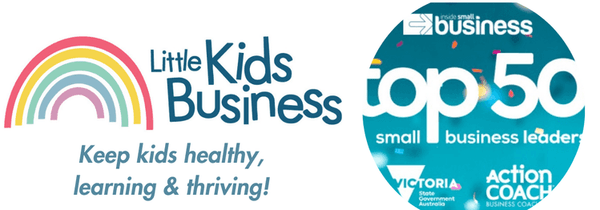Teaching kids the value of money at a young age is crucial in preparing them for a great future. If you don't teach your kids how to manage money, they will be the ones to suffer the consequences. Are you willing to take that risk?
In this article, you will learn how to provide an opportunity to manage their own pocket money. They will indeed thank you for doing this when they become independent adults someday.
Use a Clear Jar to Teach Saving
Kids are naturally visual. They learn more when they see the things you teach them. That's why even though a piggy bank is not such a bad idea, using a clear jar or money box is better. It gives them a clear view of what they're earning and allows them to see their savings progress.
Be an Example to your child
Many studies have proven that children develop money habits from what they see from their parents. This means that your kids are watching you, and they notice everything you do, from spending money fancy dinners or impulse shopping. It is very important to set a good example and spending money wisely, so that your children will follow you.
Teach your Kids That Stuff Costs Money
Preschoolers typically do not have a firm understanding of how money works. That's why you need to show them that if they want to buy something, they need money to do so. However, you can't just give them money straight from your pocket. They must understand that they earn money through hard work.
Give Commissions, Not Allowances
Don't make it a habit to give your children money whenever they ask for it. Kids need to learn how to earn money. Instead of calling it allowance, refer to it as commission, which they can earn when they finish their house chores. Start with something simple like keeping their room tidy as their responsibilities should match their age and skills to avoid injuries.
Avoid Giving Kids Everything They Want
As a parent, it's hard to say no to your child whenever they ask you to buy something. Be it shoes, clothes, or toys-you will have difficulty deciding whether giving them what they are asking for is the right thing. Pull yourself together, and no means no. Let them know that gifts are given at Christmas and on their Birthday so you will keep it in mind for then.
Talk to Them About the Effects of Poor Money Habits
If your child is old enough to understand the adverse effects of poor finances, give them some examples. Let them know that their spending habits will eventually become their lifestyle until they grow old. Emphasise that poor finances can lead to debt. Help them manage their money and teach them never to misspend what they earn when they're old enough. I suggest that you introduce them to the technologies to check each person's financial status. For example, financial fraud detection software programs can determine if they do not have good spending habits. As a result, they will not be able to apply for home loans or car loans in the future.
Highlight the Importance of Giving
Once they start developing good money habits, it's time to teach your kids the value of giving. Allow them to choose a charity to donate a small portion of their money occasionally. They will eventually learn that giving isn't just about helping other people. It's also about doing a good deed that benefits you as a person.
Teach Contentment
One of the reasons why many young individuals nowadays have poor spending habits is because they are not content with what they have. For instance, if your child buys a chocolate ice cream and sees that you have a strawberry-flavoured one, they might feel the need to have the same flavour. That teaches them to keep spending until they no longer have money. Teach your kids to appreciate what they have and do not always need to buy what others have.
Give Them a Realistic Budget
Budgeting is a crucial practice that all people must learn from a young age. Give your child a specified commission per week and let them create a budget where all their needs are met, including snack and project expenses. Be strict about not giving them an extra allowance, as this will teach them that they can always ask for more money from you if they run out of cash.
Explain How to Earn Money
Teenagers often have enough free time to earn their own money. You can use this opportunity to teach them how money is earned in a workplace and how they can manage things on their own. Encourage your teen child to work at McDonalds or Woolworths or offer tutoring services to little kids. Better yet, hire them to be one of your employees in your small business.
Teaching your kids the value of money does not happen overnight, and you need to have patience. However, no matter how demanding it is, it's a good practice that will benefit your child for the rest of their lives.


